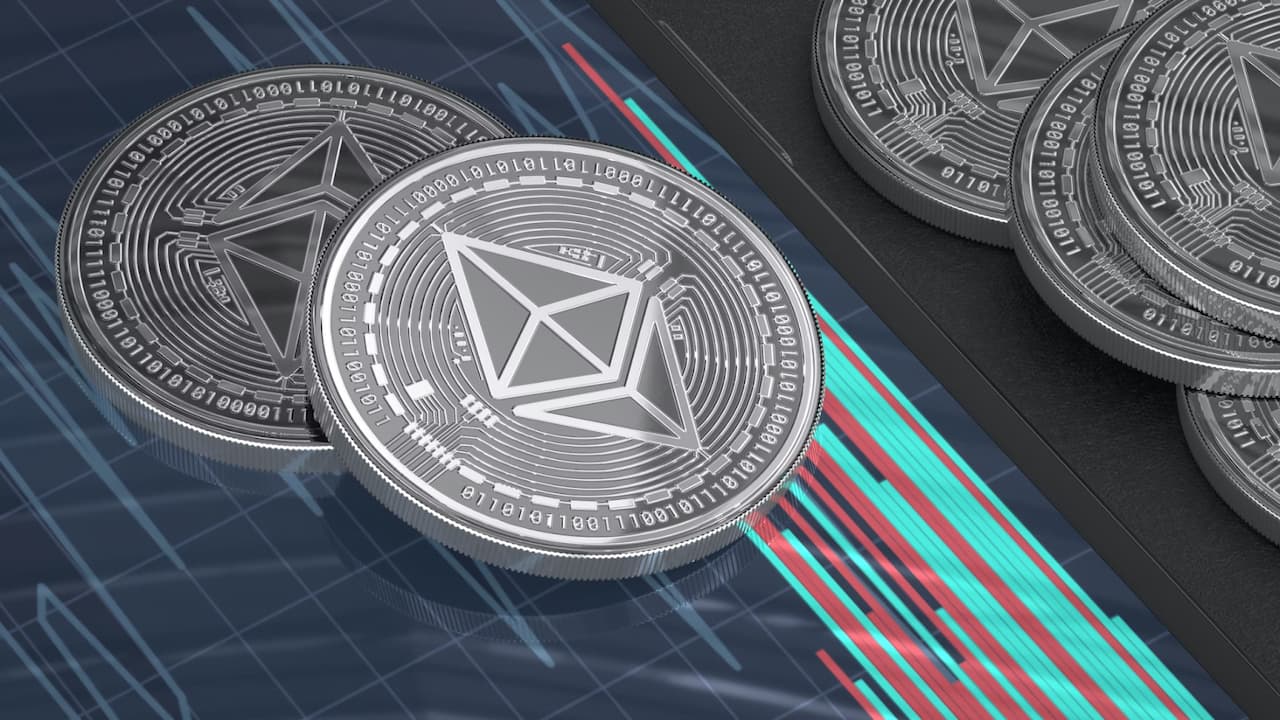
When you make a transaction on the Ethereum network, you need to pay gas fees. Gas fees are charged for every interaction with the Ethereum network, and they cover the cost of running smart contracts and processing transactions.
The amount of gas fees you need to pay depends on the complexity of the transaction or contract you’re trying to run. For example, a simple transfer of ETH from one address to another requires less gas than a complex smart contract that involves multiple interactions with other contracts.
Gas fees are paid in ETH, and they are typically very small amounts (fractions of a cent). However, if you’re making a lot of transactions or running a complex contract, your gas fees can start to add up.
How Are Ethereum Gas Fees Used?
Ethereum gas fees are used to pay for the costs associated with running smart contracts on the Ethereum blockchain. These fees are paid by the person or organization that is requesting the contract to be run, and they go to the miners who process and confirm the transaction.
Gas fees are important because they help to ensure that people are only using the Ethereum network for things that they believe are valuable. If a contract is not worth the gas fee, then it will not be run. This helps to keep the network efficient and secure, as well as ensure that miners are compensated for their work.
To understand how gas fees work, it is important to first understand how Ethereum transactions work. When someone wants to send a transaction on the Ethereum network, they must first create a “transaction”. This transaction contains some data, which is then signed by the person sending the transaction. The transaction is then broadcast to the network, where it is picked up by miners and included in the next block.
Once the transaction is included in a block, it is considered to be “confirmed”. At this point, the recipient of the transaction can be sure that it will go through as planned, and they can take any actions that they have programmed their contract to do.
The gas fee for a transaction is based on two things: the amount of data in the transaction, and the complexity of the contract code that is executed when the transaction is processed. The gas fee is paid to the miners who include the transaction in a block, and it is designed to incentivize miners to include transactions in blocks.
Ethereum has been designed from the ground up to be as decentralized as possible. There is no one central authority that controls the network, and anyone can participate in the Ethereum network. This decentralization is one of the key reasons why Ethereum has become so popular, as it enables anyone with an internet connection to use the Ethereum network.
Ethereum’s native currency, ether (ETH), is used to pay for transactions on the network. Ether can be bought and sold on cryptocurrency exchanges, and it can also be used to pay for goods and services. Ethereum also has its own blockchain, which is used to keep track of all the transactions that take place on the network.
The Ethereum network is powered by a global network of computers, known as nodes. These nodes work together to validate transactions and add them to the Ethereum blockchain. Nodes are rewarded for their work with ether, which incentivizes miners to include transactions in blocks.
Ethereum has been designed from the ground up to be as decentralized as possible. There is no one central authority that controls the network, and anyone can participate in the Ethereum network. This decentralization is one of the key reasons why Ethereum has become so popular, as it enables anyone with an internet connection to use the Ethereum network.

How Ethereum Works
Ethereum is powered by the cryptocurrency Ether. Ether is used to pay for gas, which is a unit of measure that denotes the amount of computational power required to execute a transaction or contract. Gas is necessary to ensure that developers do not overload the network with computationally intensive tasks.
Every Ethereum node stores the most recent state of all smart contracts, which includes the balance of all accounts and the code that governs those accounts. This allows anyone to audit the code and verify that it behaves as expected.
When a user wants to interact with a smart contract, they send a transaction to the network. This transaction is then broadcast to all nodes, which validate the transaction and execute the contract’s code.
The result of this execution is then returned to the user, and the state of the smart contract is updated accordingly.
Smart contracts are stored on the blockchain, which means that they are permanent and cannot be changed or deleted. This makes them tamper-proof and ideal for executing complex transactions and agreements.
Ethereum is often referred to as a “world computer” because it allows anyone to run arbitrary code on its network. This makes it possible to build decentralized applications (dApps) that are not controlled by any single entity.



